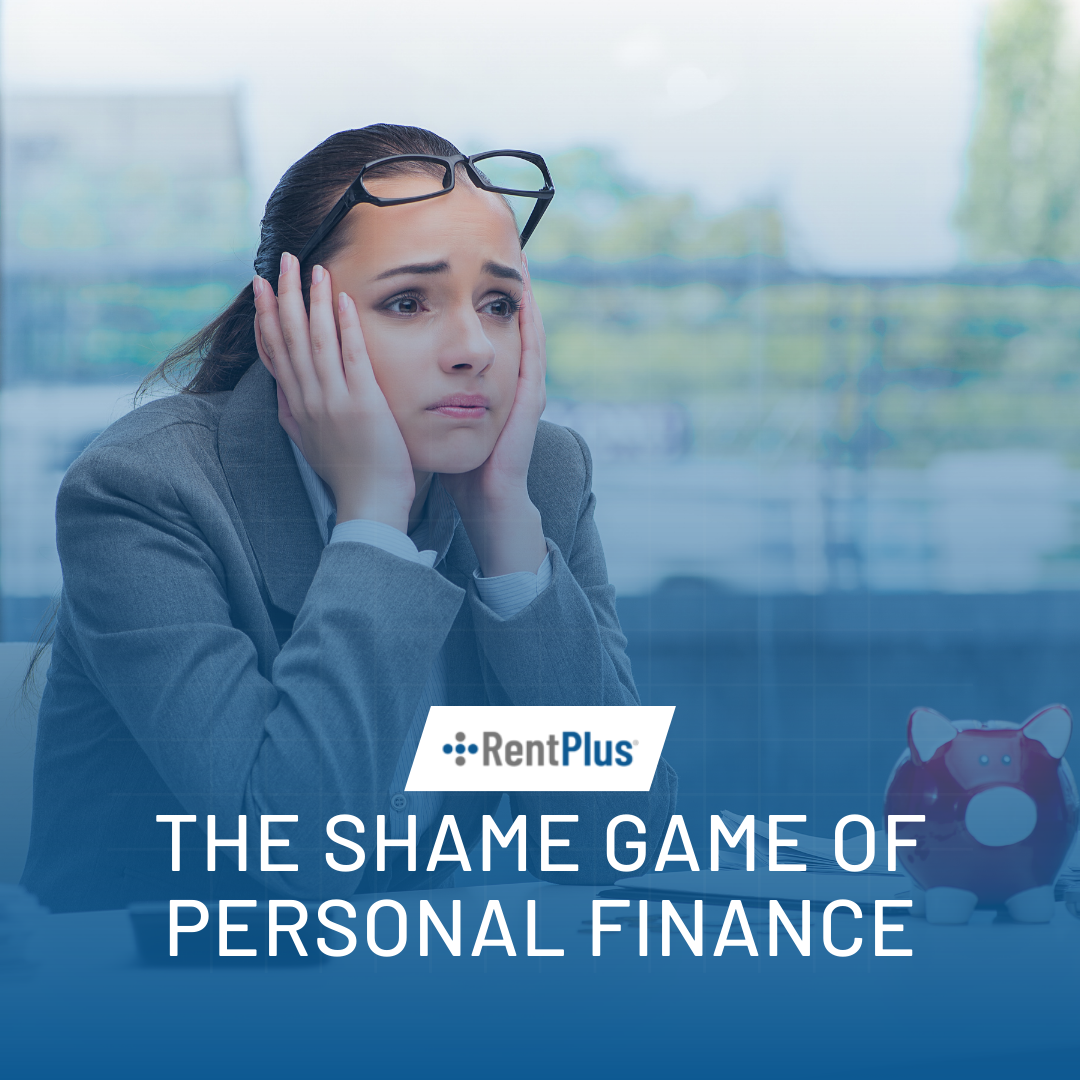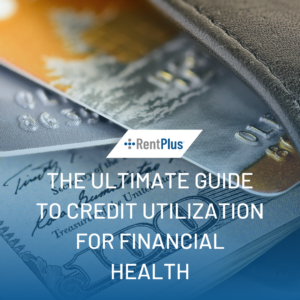Shame is an epidemic in our culture today. It is blatantly used as a tool in the political arena, ever present within our workplaces, in the media we consume, and throughout the schools of America’s children. Shame is a tough and messy topic. Throw money into the mix and the discussion becomes even more difficult and dirty.
Shame is “the swampland of the soul.” Shame is that voice in our heads that shouts: “There is something about me that if other people perceive or discover it, then I won’t be worthy of acceptance, love, or connection.” The voice that convinces us that we are not good enough, or smart enough, or thin enough, or beautiful enough, or attractive enough, or strong enough, or successful enough, or rich enough, or whatever enough.
The reality is that shame is universal. We all feel it. We all experience it. Yet nobody wants to talk about it and the less we talk about it, the more we have it. The underpinnings of shame is an excruciating fear of vulnerability. We don’t want our gremlins to be seen and we go to extensive and careful measures to ensure they are not seen.
One of the most common ways we deal with vulnerability is by numbing it. We are the most in- debt, obese, addicted, and medicated adult cohort in U.S. history. In order to avoid facing our shame gremlins we buy things. We buy things to the extent that we spend more than we make. In order to avoid facing our shame gremlins we find comfort in eating. In order to avoid facing our shame gremlins we numb or alter our minds and bodies with addictive substances.
To see personal shame grow exponentially, place it in a petri dish and add secrecy, silence, and judgement, either internal or external. Personal finances are a shame trigger for most people. I feel anxious and uncomfortable when talking about my personal finances with another. It is an extremely vulnerable place for most of us. How many of us would shamelessly allow our friends, family, or even a stranger take a peak into our bank accounts and financial habits?
There are three simple concepts that we all need to understand and accept to help us avoid secrecy, silence, and judgement with our personal finances:
1) Nobody has perfect credit. I have viewed credit reports of individuals with credit scores in the low-to-mid 800’s. That is fantastic credit considering the highest possible scores range from 830-850. Yet within these “top-notch” credit reports the credit reporting agencies still manage to give two to three reasons as to why their credit score isn’t higher. Much of the time the reasons given for less-than-perfect credit are either “ticky-tack” or irrelevant altogether.
Credit scores are fluid and ever-changing. With time, blemishes on our credit reports can and will fade away. Would any one of us let ourselves be defined for the rest of our lives by one or even a hand-full of mistakes? No! Your credit score is important but it is not THE most important factor in life. If your credit score is low, don’t let shame enslave you to it. View it as a “work-in-process” as opposed to the absolute “end-game.”
2) There will always be somebody “better off” than you. ALWAYS! Remember shame is driven by the thoughts and feelings of not “_________” enough. There are moments in my life where I take a step back and realize things are going well and I am blessed with much. The second my mind shifts to comparing myself with another, almost instantly I shrink and I can point out a thousand ways in which the other person is better than me.
3) We all make or have made bad financial decisions. Whether driven by greed, attempting to “keep up with the Jones'”, misinformation, immaturity, ignorance, or any number of mistakes, we all have done it. Nobody is immune from making poor financial decisions. In a recent survey conducted by the Federal Reserve Board in order to monitor the financial status of the American consumer, the question was asked “How would you pay for a $400 emergency should one arise?” The answer: 47% of respondents said that either they would cover the expense by borrowing or selling something, or they would not be able to come up with the $400 at all.
Two reports published last year by the Pew Charitable Trust found, respectively, that 55% of households didn’t have enough liquid savings to replace a month’s worth of lost income, and that of the 56% of people who said they’d worried about their finances in the previous year, 71% were concerned about having enough money to cover everyday expenses.
The conclusion of this and countless other surveys overwhelmingly provide that nearly half of American adults are “financially fragile” and “living very close to the financial edge.” In other words, we are not alone in our financial shame. Yes, we have made mistakes but it is and will be OK! If you experience feelings of shame regarding your finances, you are one of literally tens of millions dealing with the same challenges.
Financial shame will act as a straight jacket if we do not face the decisions and habits that we find shameful. Once we accept that we are not alone and that we all are worthy of acceptance, love, and connection, how do we become resilient to those shame gremlins that will bring us back down?
The following video excerpt can help in overcoming the shame game and becoming resilient to financial shame. The speaker, Dr. Brene Brown, is a research professor at the University of Houston. She has spent the last 13 years of her life studying vulnerability, courage, worthiness, and shame.
One of the most important concepts that Dr. Brown discusses is the difference between shame and guilt. Shame being focused on the individual and guilt being focused on the specific action. Shame sounds like: “I am so stupid! Why can’t I ever do things right?” Guilt sounds like: “I made a mistake. That was a stupid decision. How can I fix this?”
Shame will paralyze change while guilt will be the catalyst for change. We all fail. I have failed miserably in many aspects of my life. Do I perceive myself as a failure? No. Neither should you. Take the guilt that you feel from “less-than-great” financial decisions and use it to inspire to change. The tools for change are available to us all. Let us dust ourselves of and get in the arena and if we fail, at least we failed while daring greatly!
data-animation-override>
““It is not the critic who counts; not the man who points out how the strong man stumbles, or where the doer of deeds could have done them better. The credit belongs to the man who is actually in the arena, whose face is marred by dust and sweat and blood; who strives valiantly; who errs, who comes short again and again, because there is no effort without error and shortcoming; but who does actually strive to do the deeds; who knows great enthusiasms, the great devotions; who spends himself in a worthy cause; who at the best knows in the end the triumph of high achievement, and who at the worst, if he fails, at least fails while daring greatly, so that his place shall never be with those cold and timid souls who neither know victory nor defeat.””




